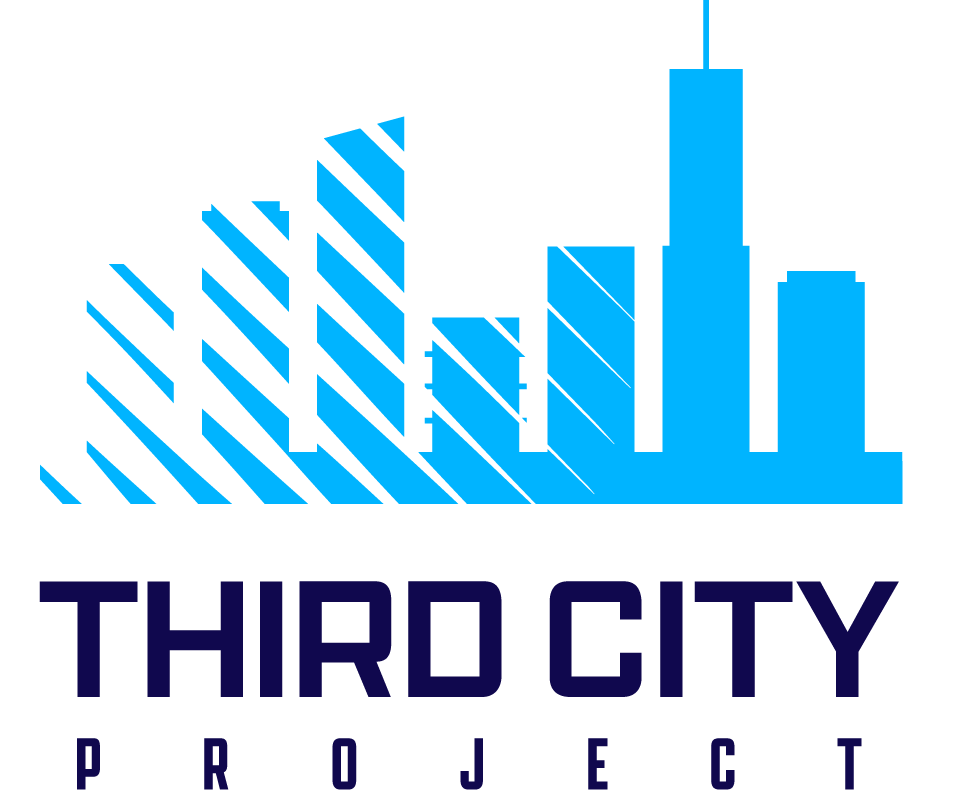MEET OUR TEAM

HUGO AMAYA
BOARD MEMBER
Hugo Amaya is an engaging and experienced social service provider working with at-risk youth and returning adult citizens across the United States. Hugo’s professional experience spans the non-profit, public, and private sectors with an emphasis in criminal justice reform, public safety advocacy, and substance abuse treatment. Hugo is currently the Youth Services Supervisor for a non-profit organization in Oakland, CA where he oversees the relationship with stakeholders in the Alameda County area, and manages the youth program for clients coming out of incarceration or those at risk of it. Hugo has been a contributing member of the 3rd City Project for 2 years, where he has assisted with analyzing data associated with health inequities within penal institutions. Currently a senior at CSU Fresno, pursuing a BS in Psychology, after which he plans to pursue a graduate degree in Public Administration. He also happens to be a returning citizen who served approximately 14 years in the carceral system.
ANTHONY AMMONS
BOARD MEMBER
Anthony Ammons is the Special Project coordinator for the CARE Team under California Attorney General Rob Bonta. He was a public safety advisor to Assemble Member Mia Bonta. He went to prison at 16 years old where he received 102 years to life. In 2018 his sentence was commuted by then Governor of California Jerry Brown and he was released after 20 years. He is committed to the community to seeing growth and more opportunities for urban communities. He love basketball and was in a Documentary called QBall that was on Netflix. He’s a mamas boy at heart.
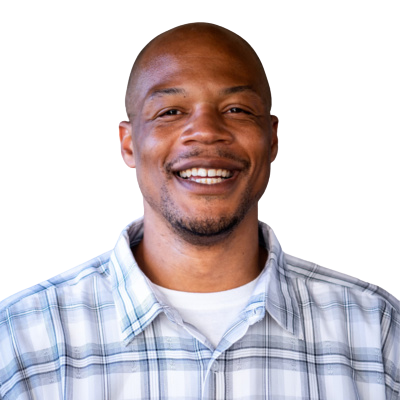
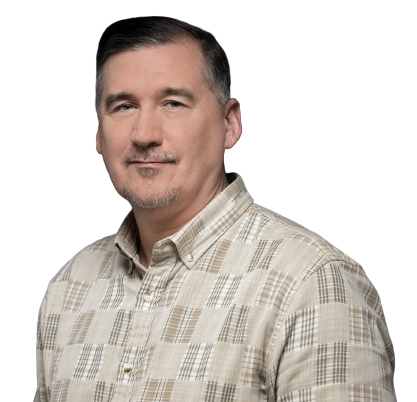
josh boyer
BOARD MEMBER
Joshua works at Stand Together Trust, is a litigation paralegal at the Law Office of Hopwood & Singhal, and a criminal justice reform advocate. His priorities include advocating to end federal stash house stings, promoting “second look” opportunities, and encouraging restorative justice models. Joshua believes that meaningful systems change and ending mass incarceration is only possible when those who are most harmed are equipped with the skill and resources to demand change. His own life experience has been the catalyst, having been directly impacted by the war on drugs, and with his professional experience, from working on impact litigation and criminal justice reform at the federal level. Joshua is the founder of Reckoner Enterprises, an organization dedicated to addressing over criminalization and creating a federal prison system that is truly rehabilitative. At bottom, Reckoner Enterprises challenges the assumption that justice-impacted people lack the ability to make substantive contributions with respect to criminal justice reform policy issues. Joshua served 17 years in federal prison because of a reverse sting conducted by the ATF. Those ATF reverse stings have now been declared illegal by several federal courts. In 2016, President Barack Obama commuted his sentence, and he was released in 2017. He frequently speaks about the necessity of reforming our criminal justice system.
NAYNA GUPTA
BOARD MEMBER
Nayna Gupta is currently the Associate Director of Policy at the National Immigrant Justice Center (NIJC). Nayna advocates on behalf of immigrant communities, refugees, and asylum seekers before members of Congress and other policy makers on Capitol Hill. Her expertise focuses on the entanglement between the criminal legal and immigration systems and on the use of detention to enforce civil immigration laws. In addition to authoring two reports related to the criminalization of immigration, she is currently spearheading “Chance to Come Home,” a national campaign and policy proposal to support the return of hundreds of unjustly deported people. Through the campaign, Nayna has helped bring home six of eleven deported people featured in her proposal, secured legislative language that facilitates the return of deported people nationwide, and garnered national press in major media outlets on the fight to remedy unjust deportations. Prior to NIJC, Nayna worked as an immigration defense attorney for the Alameda County Public Defender’s Office and as a racial justice fellow with the ACLU of Northern California. Nayna started her career as a federal law clerk to the Honorable Myron H. Thompson in Montgomery, Alabama and is a graduate of Northwestern University and Stanford Law School.
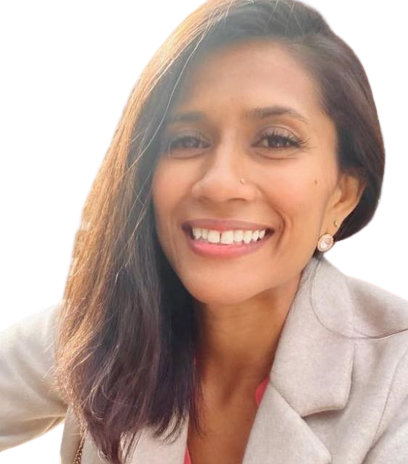
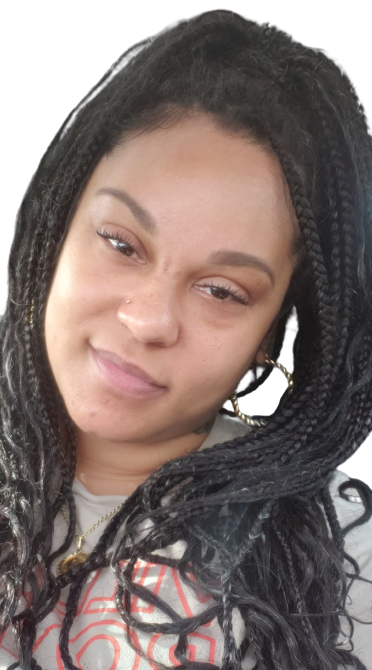
TAI LITTLE
BOARD MEMBER
Tai Little (She / They) is the Movement Building Organizer with SEAC Village based in Charlotte,NC. Tai studied historical resistances and rebellions and the dynamics of power through the lenses of political science and applied anthropology at the University of North Carolina in Charlotte. Born and raised in Atlanta, GA and residing in Charlotte, NC Tai proudly represents the South in movement. Tai proudly fights alongside ALL marginalized and oppressed people through the lens of abolition by way of community care, mutual aid, direct action and Black joy in every movement space.
MALLAH-DIVINE MALLAH
BOARD MEMBER
Mallah-Divine Mallah is a Community Advisory Board member with the 3rd City Project. He is a Returning Citizen who has done 19 1/2 years of incarceration. He holds a Computer System BTech and authored 4 books (The Hidden Hand: Duality of Self, Prison Survival: Hell’s Prism, Reentry Strategies & Staying Free, & The Struggle is Real: Poetry from a Guerilla Thinker). He worked on the CloseRikers Campaign, was a National Committee Member for the Millions of Prisoners Human Right March, and lobby for Kalief Browder and CleanSlateNY Acts, and was a Committee Member for the 14th Annual CUNY BMI Conference: “Restorative Justice Education: We All Are Justice-Involved”. He also is a reentry tactician specializing in working with incarcerated juvenile youth.
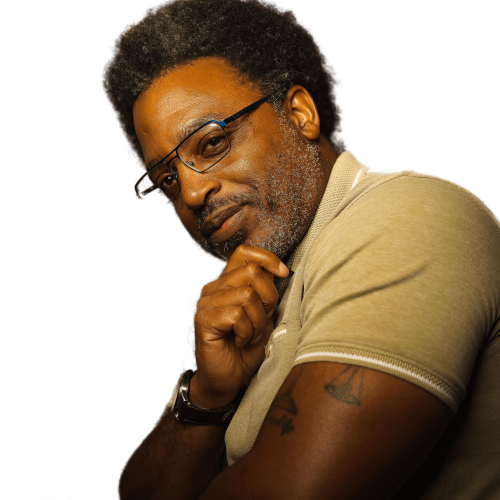

TERRI MARLOWE
BOARD MEMBER
Teresa (Terri) Marlowe is a certified Community Health Worker from Kannapolis, NC. She works at Atrium Health. She has degrees in Accounting and Business Administration. She is a three-time ACCJH scholarship recipient. Having spent almost 16 years as a single parent and 10 years in the Criminal Justice system herself, Terri knows what it is like to face adversity. These two factors enhance her compassion and effectiveness as a CHW. Her personal history helps in her level of compassion, and gives her great insight into the barriers and obstacles that returning community members face. As a CHW, Terri partners with returning community members to navigate the resources available in their community. There are no obstacles too big for Terri when her clients are involved. She is an awesome example of someone with lived experience giving back to her community. She believes that people can do great things once they are given the proper tools and resources. She uses this belief daily to foster the relationship and space her clients need in order to shift their thinking in a more positive direction; thus knocking down their own barriers.
SCOTT MATSUDA
BOARD MEMBER
Scott Matsuda lives in San Francisco, CA. He has a B.A. in Liberal Studies from Arizona State University (go devils!) and a minor in Romance Languages. Scott believes that equitable employment opportunities are vital to restoring the dignity of those who have been incarcerated. He works to provide these chances as a software engineer at Checkr. Many of the people at this company are systems-impacted, and they work to provide fair-chance hiring to individuals with a criminal record.
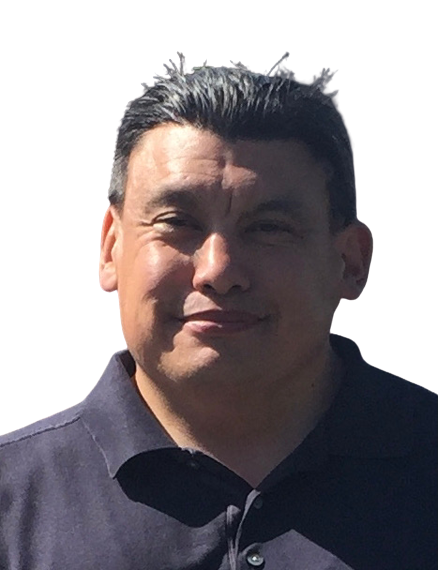
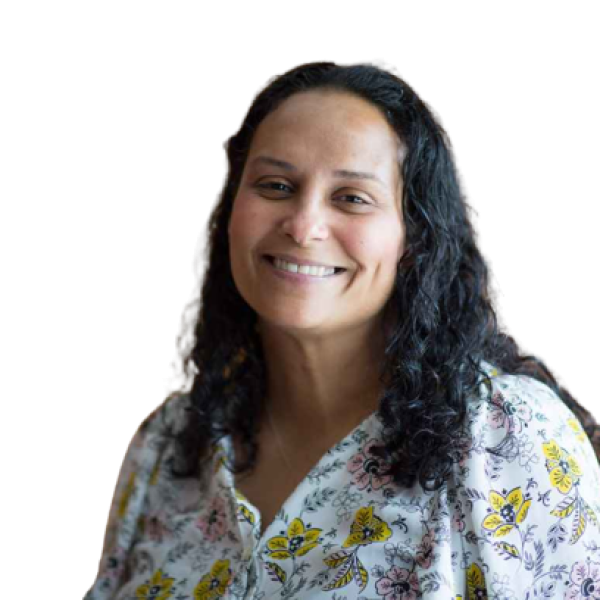
KRISTIE PUCKETT
BOARD MEMBER
Kristie Puckett Williams is an advocate and civil rights activist. Her direct experience with poverty, drug addiction, domestic violence, and incarceration have led her to pursue a career in policy and advocacy. She is an issue area expert on the conditions of confinement for women and girls, including pregnant women and girls in carceral facilities. Puckett also serves as the Chair of the Women in Incarceration Workgroup for the State Reentry Council Collaborative and as a commissioner on the North Carolina Commission on Racial & Ethnic Disparities in the Criminal Justice System (NC CRED). She holds an M.A. in Human Services Counseling: Addiction and Recovery Counseling. Kristie was recently awarded the highest honor by the NC Attorney General the Dogwood Award for her tireless advocacy for incarcerated pregnant women. Kristie serves on several boards for both national and statewide organizations, as well as serves as an advisor on many research projects, lending her lived expertise to research.
Framework for Change
Community-led Standards for the Practice of Research and Advocacy
The 3rd City Project is guided by individuals who know the criminal-legal system inside and out. Those selected to participate in this Community Advisory Board have spent years working in research, advocacy, and reform–many of whom bring lived experience with the system to the table.
The following is the operational framework used by the 3rd City Project, its staff, and affiliates. These principles, decided jointly by the inaugural CAB, are the pillars of all future Third City research, communication, and advocacy practices. Together, they constitute the ethos of the 3rd City Project and reflect our commitment to advancing community-led solutions to improving carceral data transparency and developing ethical healthcare policies grounded in science.
Third City Data Collection
- Data should be collected from public records where possible and, when required to mitigate harm, the limited use of non-public records obtained through research agreements.
- Financial relationships with carceral agencies, with contractors who work exclusively with carceral agencies, and with funders will be avoided to safeguard the research’s integrity and minimize the harm perpetuated by the criminal-legal system.
Third City Data Storage
- Data should be stored in alignment with the most rigorous standards to protect the safety and dignity of impacted individuals through the entire project lifecycle.
- All storage protocols are reviewed by the Duke University IRB, and access is restricted to 3rd City Project employees and associates.
Third City Data Ownership
- No single person or entity maintains proprietorship over the data used by the 3rd City Project.
Third City Data Stewardship
- The development and use of carceral data are ethically fraught because such information arises from systems of violence and oppression.
- The use of this information is a solemn responsibility, and the organization will conduct research and advocacy in such a way as to reflect the injustices faced by each individual represented in the data.
- Ethical stewardship, therefore, requires making use of available data in a way that both reflects the expressed desires of the CAB and upholds scientific integrity.
Third City Ethical Data Analysis
- The 3rd City Project, and its affiliates, will use the minimum necessary information to achieve the research and advocacy goals of decarceration, data democratization, and promoting health justice.
- All information gathered in good faith should be used to inform advocacy that improves the lives and well-being of systems-impacted individuals.
- The Board will review projects case-by-case to ensure alignment with ethical research practices.
Third City Data Dissemination
- Data and analysis held by the 3rd City Project will be distributed to advance the shared interests of the organization, the CAB, and systems-impacted individuals and will share neither data nor analysis with carceral agencies.
- Ethical dissemination involves scrutinizing those who may have access to sensitive or identifying information and avoiding situations in which data or analysis may be used to perpetuate the harms of the criminal-legal system.
Third City Data-Driven Advocacy
- The 3rd City Project will use data and analysis to achieve organizational goals in conjunction with the voices of those with lived experiences.
- Publications will not be limited to the academy but may also include direct advocacy and collaborations with the lay press, and community organizations.
